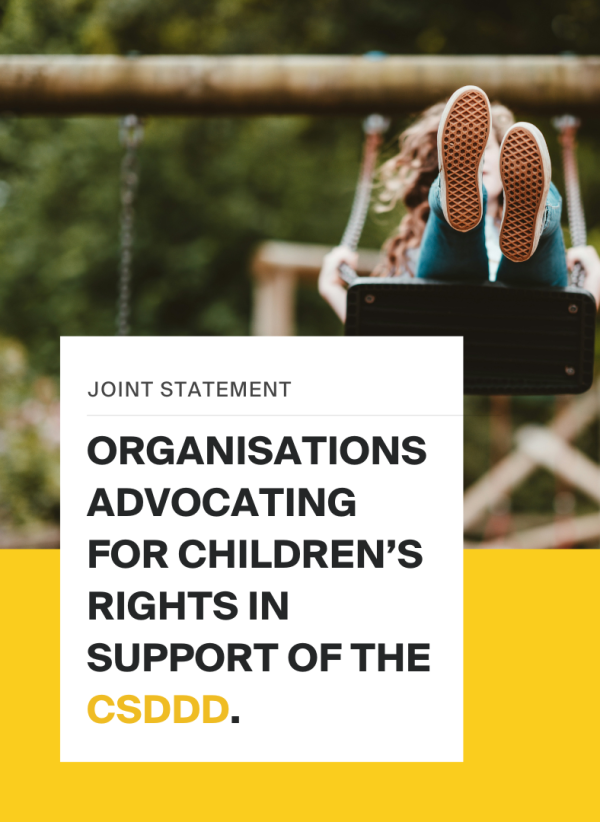This website uses cookies so that we can provide you with the best user experience possible. Cookie information is stored in your browser and performs functions such as recognising you when you return to our website and helping our team to understand which sections of the website you find most interesting and useful.

ECCJ’s coordinator Claudia Saller spoke to the Belgian federal parliament’s intergroup on Fair Trade on 20 November 2018. She highlighted emerging legislative proposals on human rights due diligence legislation in various European countries.
While Belgian civil society organisations have already been calling for binding rules for business and human rights, decision makers don’t seem to follow. The Belgian National Action Plan (NAP) of 2017 lacks some important elements in order to correctly implement the United Nations’ Guiding Principles on Business and Human Rights (UNGPs).
Most importantly, no forward looking binding measures to ensure that no Belgian company breaches human rights is foreseen in that frame. At the same time, a Belgian company producing asbestos currently serves as a sad example for why better legal frameworks are needed to protect victims of corporate abuse. The case is portrayed in a recently published documentary. The lack of collective redress options has even prevented many Belgian asbestos victims from having access to justice or remedy through Belgian courts.
The intergroup is composed by members of the Parliament, as well as by representatives of fair trade organisations like Oxfam-Magasins du monde, Oxfam-Wereldwinkels, Fairtrade Belgium, among others.
The intergroup’s members expressed interest in further discussions on possible human rights due diligence rules for Belgium. The chair, Gwenaëlle Grovonius from the French speaking socialist party (PS), mentioned that the Parliament should indeed receive a regular implementation report on the NAP but no date or frequency had been agreed so far.
Time for legal tools on business and human rights in Europe
On 20 November, ECCJ’s Policy Officer Adriana Espinosa also participated at an Interparliamentary Meeting organised by the European Parliament’s Subcommittee on Human Rights on the occasion of the 70th anniversary of the Universal Declaration of Human Rights. Members of national parliaments from France, Greece, Portugal, Spain, Italy, Denmark and other countries joined to discuss how to ensure respect for human rights in the global operations of European companies.
Global supply chains represent one of the current biggest challenges. A recent investigation by ITUC revealed that 50 largest companies employ only 6% of workers directly, while at least 95% of the workforce is hidden in global supply chains, explained Makbule Sahan from ITUC.
In this context, the adoption of legally binding rules that require companies respect human rights along their global supply chains becomes urgent. Countries and the EU need to support international efforts such as the process to elaborate a legally binding instrument at the UN level, the Chair of the Panel, MEP Tokés, said before giving the floor to the representative of the Ecuadorian Government, Isabel Albornoz.
At the same time, developments at international level cannot delay action at national level. The member of the French National Assembly Dominique Potier described the French duty of vigilance law as a “democratic victory”. Mr Potier encouraged other countries to speed up the adoption of norms, a call which found echo among the audience, with MPs from Denmark or Italy also calling for binding rules.
ECCJ presented ongoing legislative initiatives in countries such as Switzerland, The Netherlands, or Austria. These governments are starting to listen to a growing social demand for binding legislation. If they don’t want to lag behind, other countries and the EU need to join this movement towards a more sustainable a fair economy.
“The time has come when we need more legally binding tools and less talk, less voluntary guidelines”, said the Danish MP Rasmus Nordqvist.












